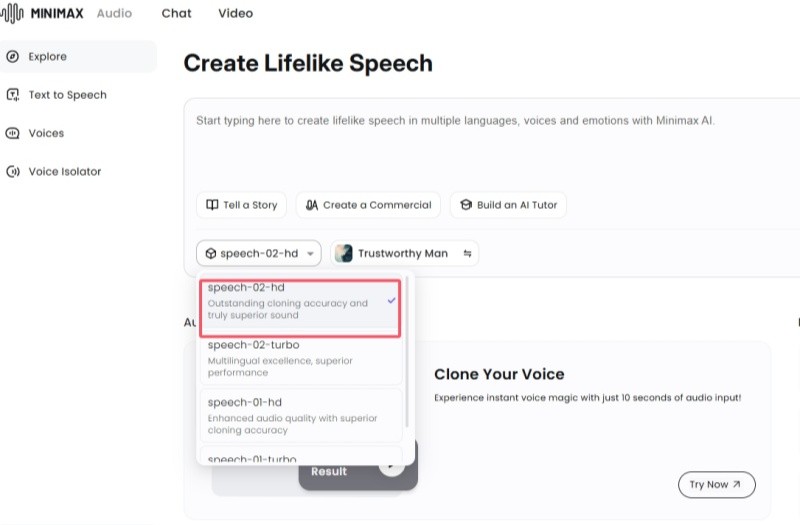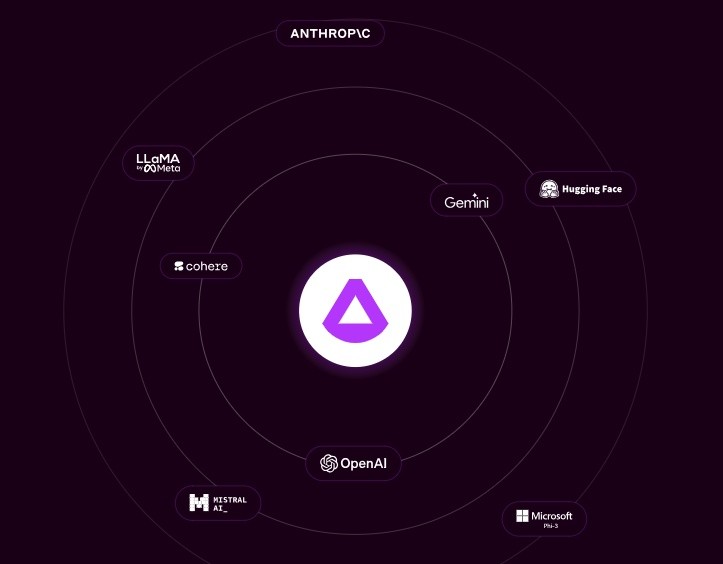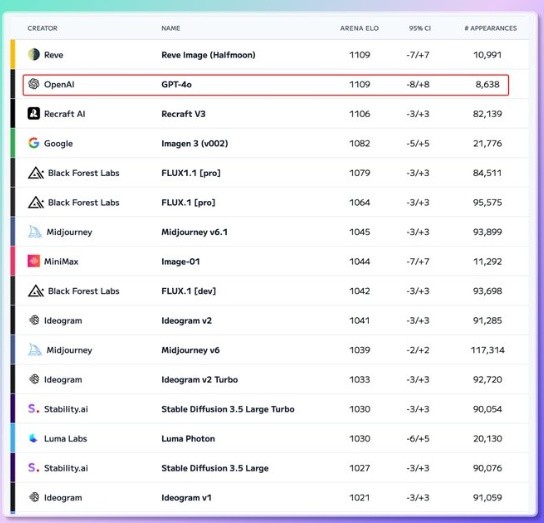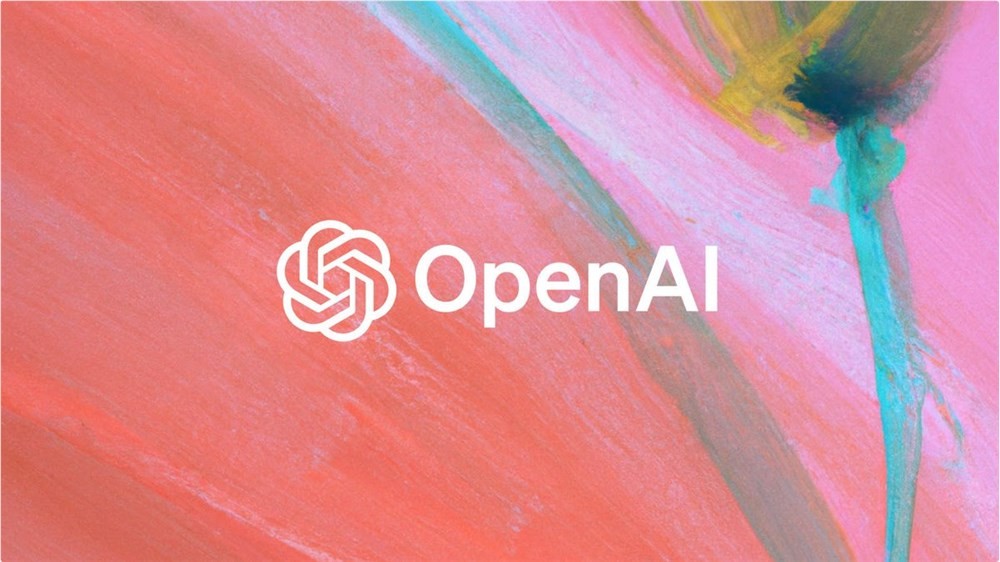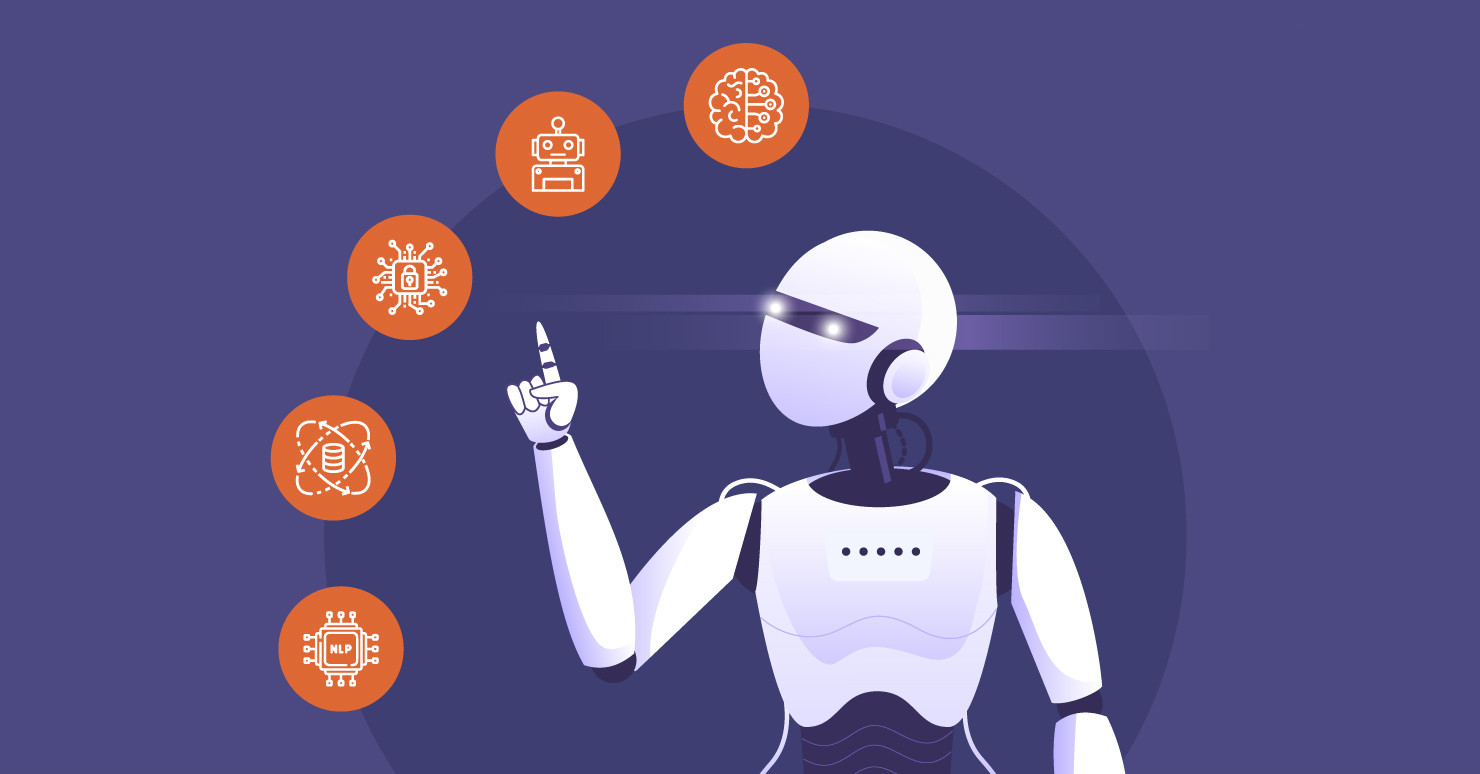
Artificial intelligence (AI) is developing rapidly and changing our lives. If you are a beginner and want to learn AI from scratch, the following will simplify the classification to help you get started easily.
AI is a technology that allows computers to simulate human intelligence, allowing machines to understand, learn and make decisions. It has a wide range of applications, including speech recognition, image recognition and autonomous driving.
Programming language : Learning Python is the first step in getting started with AI, because Python is simple and supported by many AI tools.
Mathematical foundation : AI relies on mathematics, especially linear algebra, probability, calculus, etc. Understanding these mathematical concepts helps to master AI algorithms.
Data structures and algorithms : Learning basic programming structures (such as arrays, linked lists) and common algorithms (such as sorting, search) is the basis of AI learning.
Machine learning : Training a model with data, allowing computers to automatically learn and make predictions. The main ones are:
Supervised learning : training a model on labeled data.
Unsupervised learning : Let the model discover patterns in unlabeled data.
Reinforcement learning : learning optimal strategies by interacting with the environment.
Deep learning : A branch of machine learning that uses complex neural networks to handle more advanced tasks, such as image recognition, speech recognition, etc.
Natural Language Processing (NLP) : Allows computers to understand and generate natural language for tasks such as speech recognition and translation.
Computer vision : allows computers to "understand" images and videos, and is used in areas such as face recognition and autonomous driving.
Online courses : You can learn basic AI courses through platforms such as Coursera and Udemy.
Practical projects : Do some small projects, such as image classification and chat robots. Practical operations help deepen understanding.
Join the open source community : participate in Kaggle competitions or GitHub projects to practice and communicate with others.
Neural Networks and Deep Learning : In-depth study of the working principles of neural networks, mastering convolutional neural networks (CNN), recurrent neural networks (RNN), etc.
AI model optimization : Learn how to tune and optimize your model to improve its accuracy and performance.
Big data processing : Master the technology to process large-scale data, such as Hadoop and Spark, to provide powerful support for AI models.
AI Ethics : Learn how to ensure AI technology is fair, safe, and transparent.
AI and industry applications : AI will be widely used in medical, financial, education and other fields, and learning industry-specific AI technology will bring more opportunities.
The road to AI learning may be challenging, but as long as you master the basic skills and continue to practice, you will surely grow from a novice to a master in the AI field.
